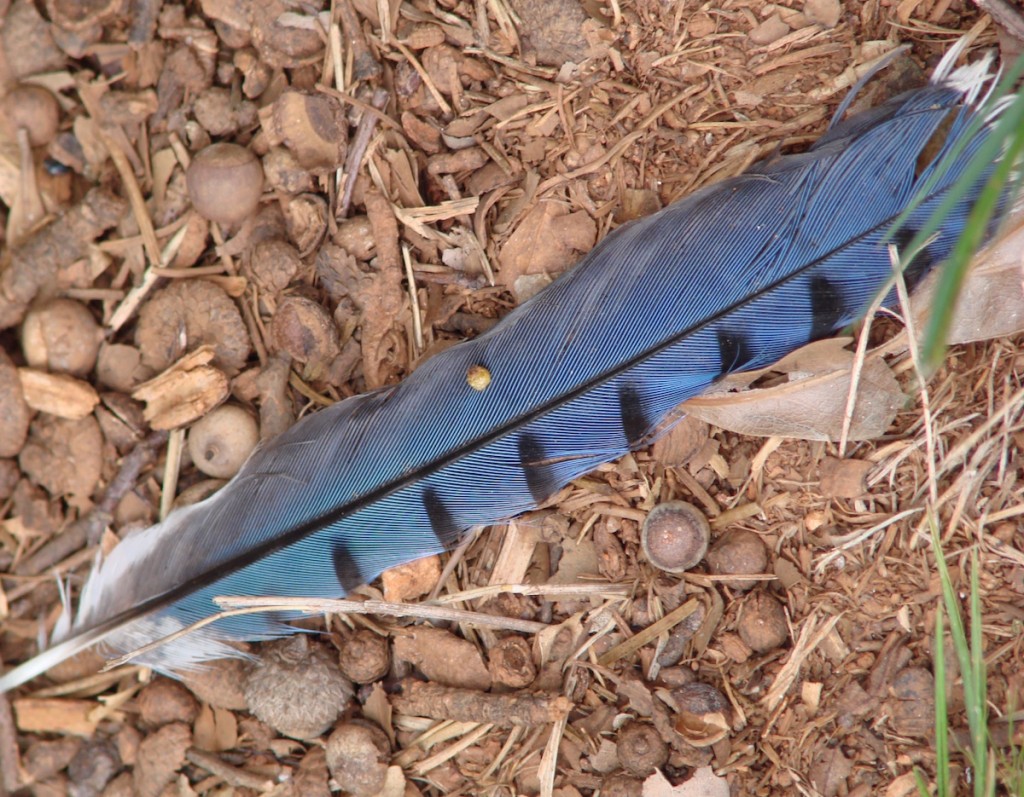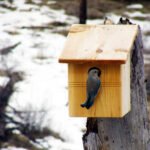
You may have heard the urban legend. One day a guy is hiking along a trail and he spots a gorgeous-looking feather on the ground. He picks it up and carries it around in his hand, looking at it with wonder and curiosity. That’s when he’s arrested and fined $100,000 for possessing a feather illegally.
Sounds preposterous right?
Wrong. While the details of the urban legend may be exaggerated, it is in fact illegal to collect certain bird feathers thanks to the Migratory Bird Treaty Act of 1918.
The nearly 100-year-old act was put into place to protect birds that migrated between the United States and Canada because of a decline in bird populations. Hunting was fairly rampant because the fashion during that time featured hats adorned with bird feathers.
The treaty makes it unlawful to hunt, take, capture, kill, or sell migratory birds. The statute extends to any bird part, including feathers, eggs, and nests.
It seems harmless to pick up a nest or feathers you find on the ground, but it’s against the law because it’s difficult for enforcement officers to figure out whether it was obtained through ignominious or accidental means. So they put the burden on the carrier of the feather and took away the question.
More than 800 species are currently on the list, including the Bald Eagle, Black-capped Chickadee, Northern Cardinal, American Crow, Canada Goose, Mourning Dove, Barn Swallow, Cedar Waxwing, Barn Owl, and more. That means the feathers of all of these birds are forbidden.
An exemption to the act does exist, however. The Eagle Feather Law allows the collection of Golden Eagle and Bald Eagle feathers for religious purposes by Native Americans. In order to quality, individuals must have certifiable ancestry and be enrolled in a tribe.
 Despite sounding a tad ridiculous these days, the roots of the law are sound and still serve a purpose.
Despite sounding a tad ridiculous these days, the roots of the law are sound and still serve a purpose.
You might also be asking yourself what about the bird feathers you see at stores.
Since certain species aren’t protected under the Migratory Bird Treaty Act, picking up and possessing their feathers is perfectly legal. That means nonnative species like House Sparrows and European Starlings aren’t covered, along with nonmigratory birds like turkeys, chickens, Mute Swans, quails, and the like.
So the next time you see a bird feather on the ground, you’d better be sure it’s from an invasive species or nonmigratory bird or leave it alone.



189 Comments
The rule is not enforced At All
There are only a few birds that’s feathers would actually pose a problem such as an eagle hawk or owl other than that as long as you don’t run around screaming that you have an illegal feather nothing happens and even if something did it’s like a 10 fall or fine
There is a hunting season on doves in many states… so there would not be a problem possessing dove feathers.
Yes, for someone who just happens to find a feather on the ground it’s all very excessive. But bear in mind this law not only helped the Bald Eagle be removed from the endangered species list, it also helps make sure other birds don’t fall victim to the same potential fate that happened when humans took advantage of these animals years ago. The feather trade allowed Red-tailed Hawks to be hunted to dangerously low numbers, and nowadays we can see them almost every time we drive down the highway!
I’m willing to bet people with the authority to arrest you for picking up a feather on a hike are rolling their eyes reading about how up-in-arms you are about the law, thinking, “Dude, chill. This law just helps us prosecute people who are killing birds or trying to make a profit off their body parts; We don’t care about the songbird feather you found in your backyard.”